Life
Sign up for our newsletter
We summarize the week's scientific breakthroughs every Thursday.
-
 Neuroscience
NeurosciencePutting time’s mysteries in order
Investigating both the orderly and disorderly dimensions of time provides the focus for a special issue of Science News.
By Eva Emerson -
 Earth
EarthBringing mammoths back, life on early Earth and more reader feedback
Readers debate the pros and cons of reviving extinct species, discuss the odd light-processing machinery of the eye and more.
-
 Neuroscience
NeuroscienceSpecial Report: Dimensions of Time
Science News writers report on the latest scientific investigations into time’s place in the physical, biological and mental worlds.
-
 Neuroscience
NeuroscienceHow the brain perceives time
To perceive time, the brain relies on internal clocks that precisely orchestrate movement, sensing, memories and learning.
-
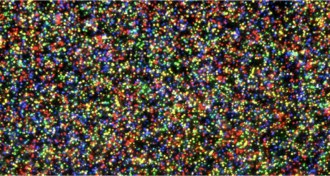 Genetics
GeneticsEnormous quantities may soon be called ‘genomical’
Genetic data may soon reach beyond astronomical proportions.
-
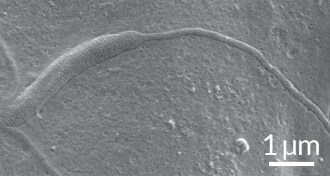 Paleontology
Paleontology50-million-year-old fossil sperm discovered
Ancient worm sperm preserved in 50-million-year-old cocoons from Antarctica set age record.
By Meghan Rosen -
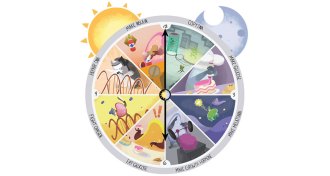 Life
LifeThe origin of biological clocks
Most of Earth’s creatures keep time with the planet’s day/night cycle. Scientists are still debating how and why the circadian clocks that govern biological timekeeping evolved.
-
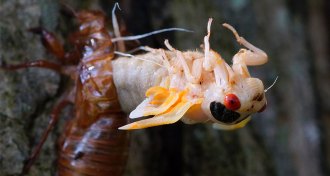 Animals
AnimalsSome animals’ internal clocks follow a different drummer
Circadian clocks in some animals tick-tock to a different beat.
-
 Anthropology
AnthropologyTooth, jaw fossils tell tale of North America’s last nonhuman primates
Oregon fossils provide new clues to North America’s last nonhuman primates.
By Bruce Bower -
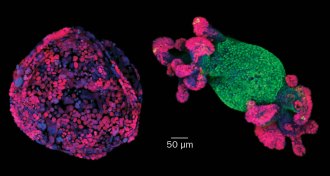 Genetics
GeneticsGenetic switch wipes out tumors in mice
By switching on a single gene, researchers turned cancer cells in mice back into normal intestinal tissue.
By Meghan Rosen -

-
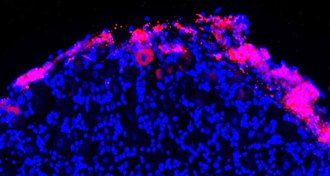 Health & Medicine
Health & MedicinePotential pain treatment’s mechanism deciphered
Scientists have new insight as to how a class of environment-sensing bone marrow cells can help safely relieve pain.